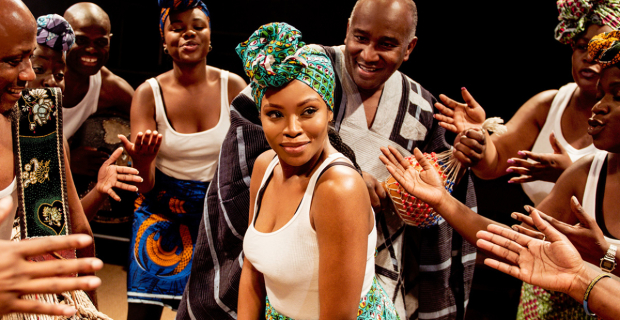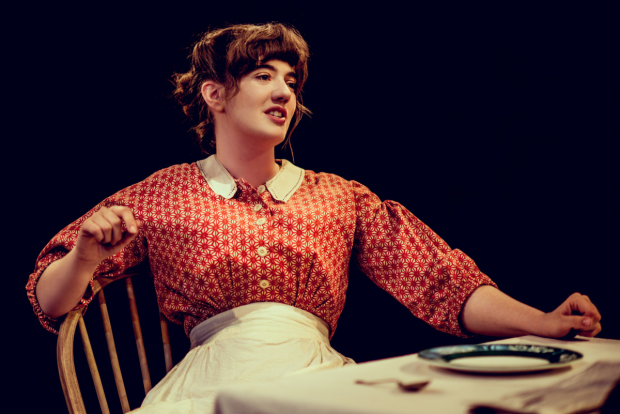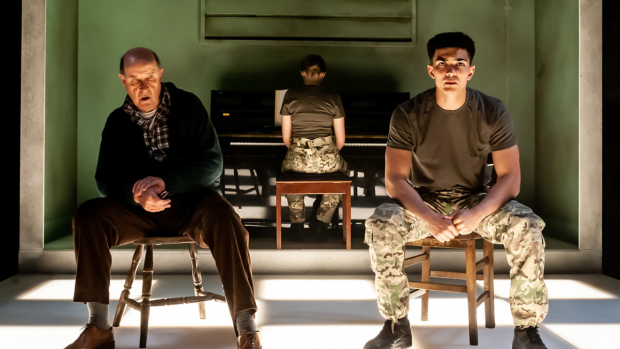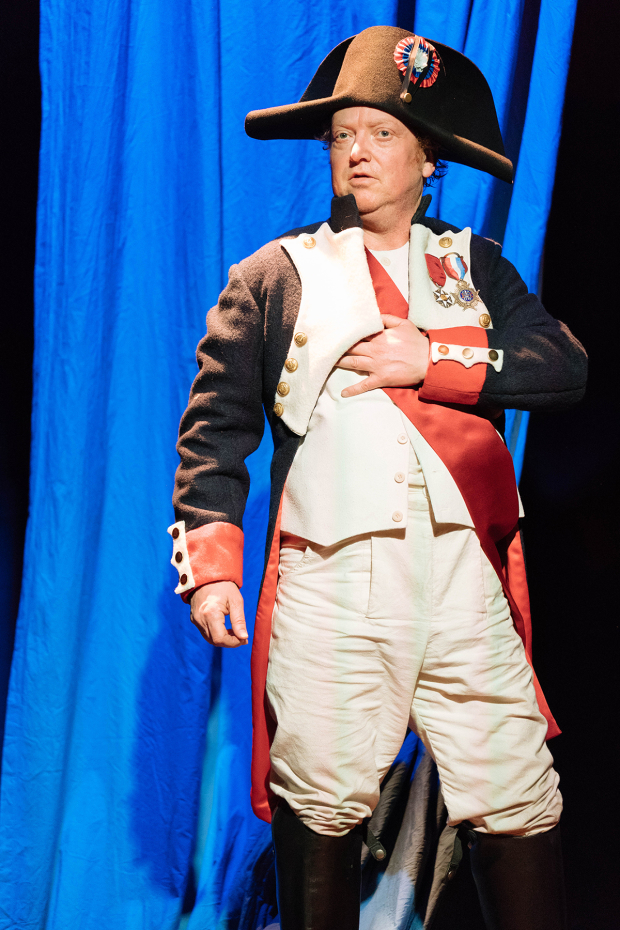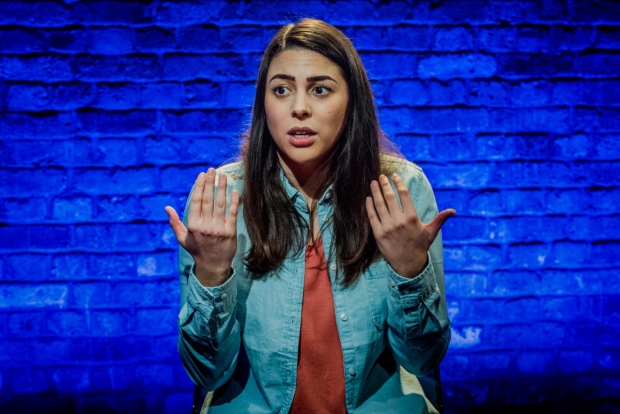Review: Spun (Arcola Theatre)
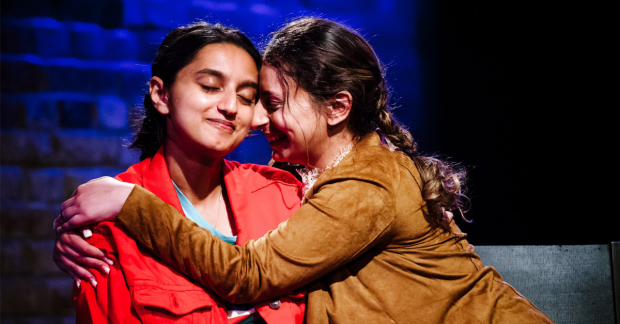
© Alex Brenner
Safa and Aisha have been friends for a long time. As they finish university and start out on a new phase of their lives – Aisha back to the East London school they attended together as a teaching assistant, Safa to a graduate scheme at a City firm – it seems their friendship may not be as strong as they'd like to think.
This promising debut from Rabiah Hussain, a product of new writing and talent development programmes at the Arcola, explores the challenges of trying to work out who you are in the face of other people's judgment and assumptions. That's a personal journey, but it's also a political one, given Safa and Aisha's identities as young, working-class British-Pakistani Muslim women trying to make their way in a city reeling from terrorist attacks carried out in the name of Islam.
Based partly on Hussain's own experiences and those of others in her community, Spun offers an original – and often very funny – perspective on white, middle-class British society's attitudes to minority ethnic communities.
Humaira Iqbal as Safa and Aasiya Shah as Aisha are convincing as a pair of friends clinging onto a relationship that they're not willing to admit has probably run its course, switching between nostalgic affection and frustration born of a new inability to understand each other's points of view. Shah gives the more subtle performance – evoking Aisha's dismay at being left behind by the friend she thought would always be there for her – but has a job to do as the play progresses papering over some unfortunate gaps in Aisha's character development. She doesn't quite succeed. Iqbal, on the other hand, could do with bringing her performance down a notch but nevertheless creates a character we can wholly believe in.
Richard Speir's production is at its best when he leaves Hussain's writing to it and trusts Iqbal and Shah with her characters. The few places of choreographed movement are a distraction, and the handful of unobtrusive props that designer Khadija Raza brings to the table, along with lighting by Geoff Hense and sound design by Anna Clock, do a far better job of conjuring up Safa and Aisha's world than the clunky moments in which the actors mime along to illustrate points in their first-person narratives.
Spun is likely to provoke a certain amount of squirming among white, middle-class audiences – it's not a comfortable feeling having your hurtful (inadvertent or otherwise) behaviours pointed out to you. But then it's not comfortable being on the receiving end of those behaviours either and perhaps some squirming is necessary if things are ever to change. Good on you, Rabiah Hussain: make them squirm.



